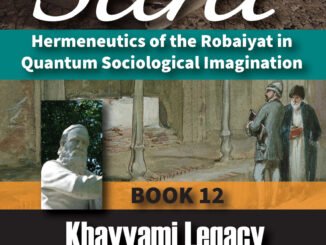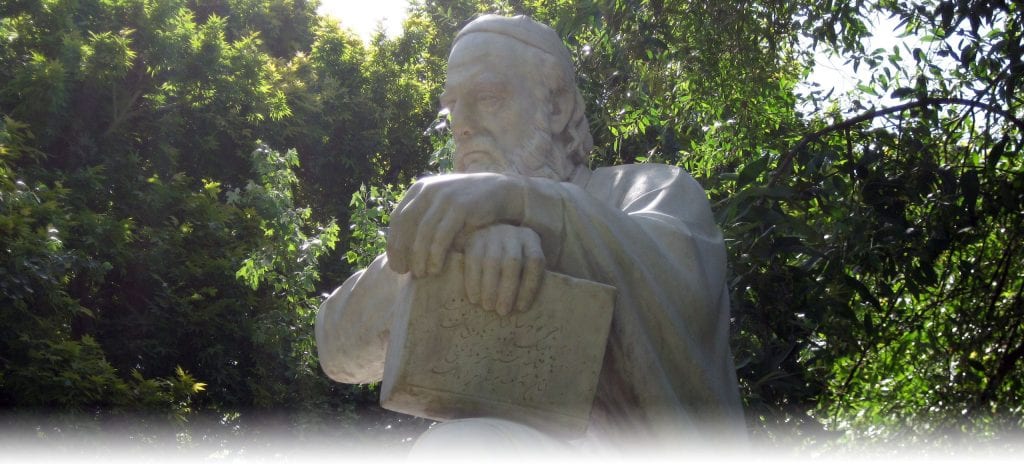
The Islamophobic and Islamophilic Colonialities of Edward FitzGerald’s “Rubaiyat”: Decolonizing How He World-Famously Distorted Omar Khayyam’s Robaiyat
The following essay by the sociolgist Mohammad H. Tamdgidi is an excerpt from a longer introduction (pp. 27-87) to the 12th and last book of his series Omar Khayyam’s Secret: Hermeneutics of the Robaiyat in Quantum Sociological Imagination, subtitled, Book 12: Khayyami Legacy: The Collected Works of Omar Khayyam (AD 1021-1123) Culminating in His Secretive 1000 Robaiyat Autobiography. The introduction was subtitled “Toward A Textually and Historically More Reliable Biography of Omar Khayyam (AD 1021-1123) Based on the Findings of This Series.” The excerpt offers a critical commentary on the role played in modern times by Edward FitzGerald’s Rubáiyát in colonially distorting his legacy.




